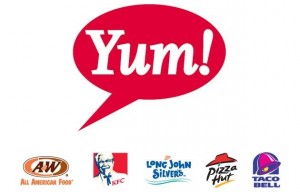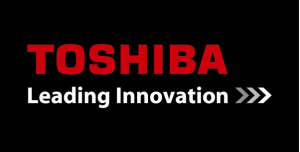To further analyze the blog posted by Rafi Mohammed titled, “Southwest May Start Charging for Baggage, and That’s a Good Thing”, talks about Southwest’s latest pricing strategy which effectively uses a price strategy which provides for all the customers ranging from the ‘nickel-and-diming consumers to the deep pocketed consumers.
Their pricing strategy consists of providing the consumers with varieties of choices while making their decision on which additional services/products they require apart from the flight-seat on its own. They believe that they will be able to broaden their customer base therefore be able to get a larger market share. The strategy may reveal promising numbers but it won’t be long before the competitors adopt a similar strategy.
Though Rafi Mohammed believes that this pricing strategy will be beneficial for Southwest Airlines, I believe that there might be a slight consumer dissatisfaction derived through this ‘a la carte’ service offered to them. Many customers will be dissatisfied as a result of the lack of services, whereby they might feel that they are being exploited, as they are now required to pay for services that were previously free of charge. What do you think?
Sources:
Rafi Mohammed’s blog link:
http://blogs.hbr.org/2013/11/southwest-may-start-charging-for-baggage-and-thats-a-good-thing/
Image Source:
http://inweekly.net/wordpress/wp-content/uploads/2013/05/Southwest_Airlines_logo.jpg













